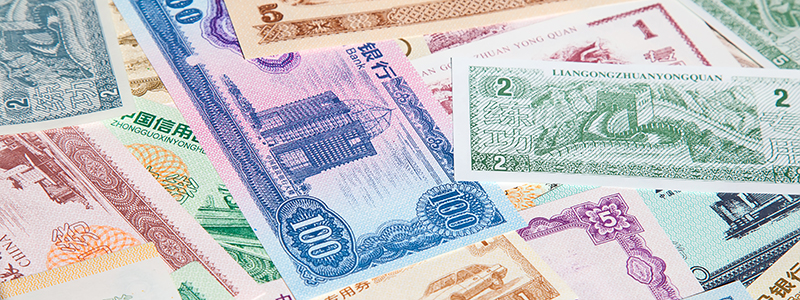
Financial reforms must help Indian firms to obtain cheapest capital
The Dollar Business Bureau  “Just as trade reforms has given Indian firms the ability to buy the cheapest goods available globally, financial reforms should give Indian firms the ability to obtain the cheapest capital available on a global scale,” said a committee report on foreign currency borrowings. The Committee constituted under the chairmanship of M S Sahoo, Secretary, lnstitute of Company Secretaries of lndia, to review the framework of access to domestic and overseas capital markets in its report said that if numerous firms, who undertake foreign currency borrowing, do not hedge their currency exposure, there is a possibility of correlated failure of these firms if there is a large exchange rate movement. The negative impact of this movement on their balance sheets could then hamper investment and the country’s Gross Domestic Product. This imposes negative externalities upon the citizenry which constitutes a market failure. The firms that borrow in foreign currency may not hedge their risks from currency exposure fully or may even undertake excessive borrowing / risks. They do it generally for two main reasons. First, the firms may not be able to hedge their currency exposure because the onshore derivatives market is shallow and illiquid, and the firms do not have access to the overseas derivatives market. Second, a managed / pegged exchange rate gives an implicit guarantee that there would not be large fluctuations in exchange rates, the report said. The Committee said that it notes that the extant ECB policy requires hedging for certain categories of borrowing. It is of the firm view that the possibility of market failure arising from ECB can be ameliorated by building on the existing strategy, that is, requiring firms borrowing in foreign currency to hedge their exchange risk exposure. The main recommendation of the report was that Indian firms should be able to borrow abroad, through foreign currency debt, while being subject to a capital control, requires them to substantially hedge their foreign currency exposure, whether through financial derivatives or natural hedges.
“Just as trade reforms has given Indian firms the ability to buy the cheapest goods available globally, financial reforms should give Indian firms the ability to obtain the cheapest capital available on a global scale,” said a committee report on foreign currency borrowings. The Committee constituted under the chairmanship of M S Sahoo, Secretary, lnstitute of Company Secretaries of lndia, to review the framework of access to domestic and overseas capital markets in its report said that if numerous firms, who undertake foreign currency borrowing, do not hedge their currency exposure, there is a possibility of correlated failure of these firms if there is a large exchange rate movement. The negative impact of this movement on their balance sheets could then hamper investment and the country’s Gross Domestic Product. This imposes negative externalities upon the citizenry which constitutes a market failure. The firms that borrow in foreign currency may not hedge their risks from currency exposure fully or may even undertake excessive borrowing / risks. They do it generally for two main reasons. First, the firms may not be able to hedge their currency exposure because the onshore derivatives market is shallow and illiquid, and the firms do not have access to the overseas derivatives market. Second, a managed / pegged exchange rate gives an implicit guarantee that there would not be large fluctuations in exchange rates, the report said. The Committee said that it notes that the extant ECB policy requires hedging for certain categories of borrowing. It is of the firm view that the possibility of market failure arising from ECB can be ameliorated by building on the existing strategy, that is, requiring firms borrowing in foreign currency to hedge their exchange risk exposure. The main recommendation of the report was that Indian firms should be able to borrow abroad, through foreign currency debt, while being subject to a capital control, requires them to substantially hedge their foreign currency exposure, whether through financial derivatives or natural hedges.
This article was published on April 11, 2015.






 to success.
to success.